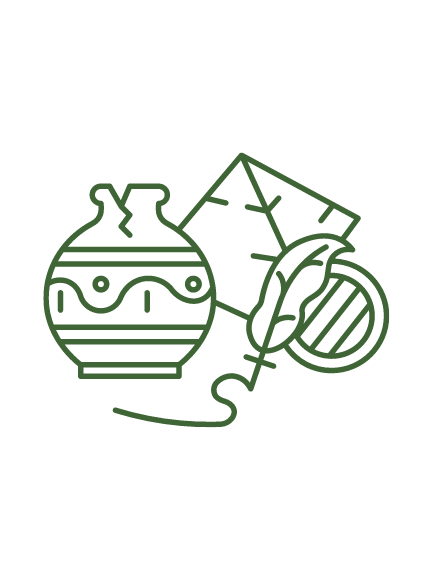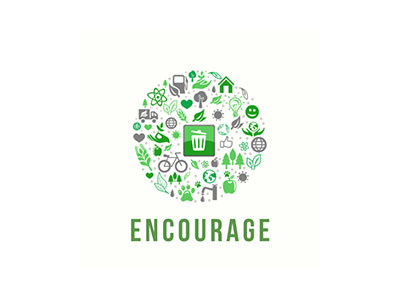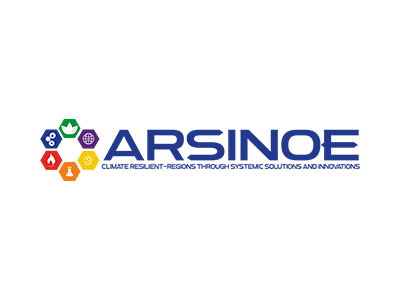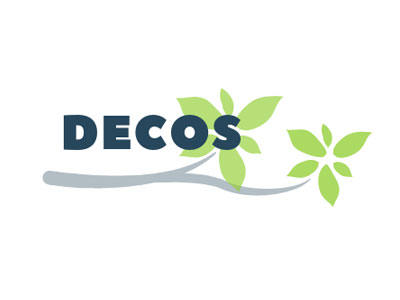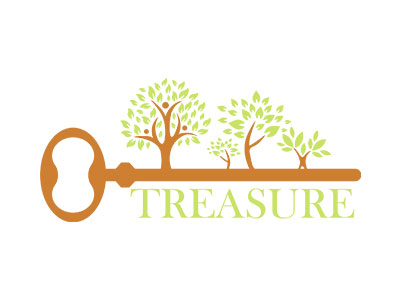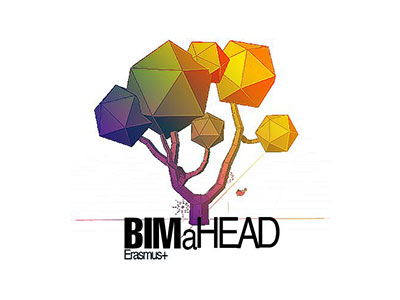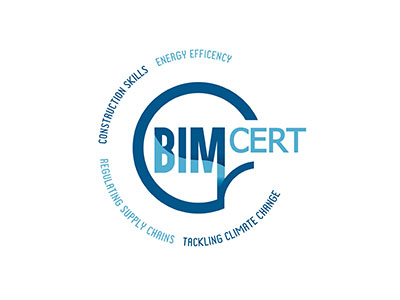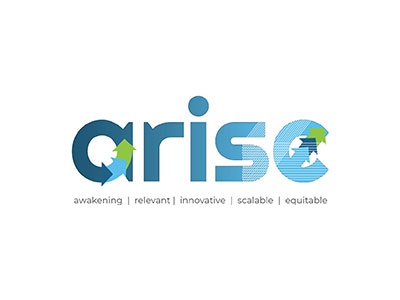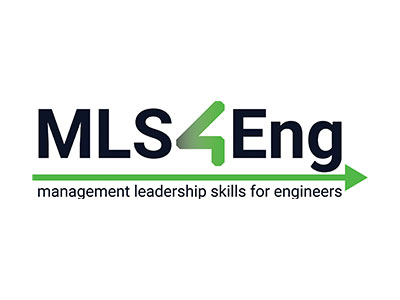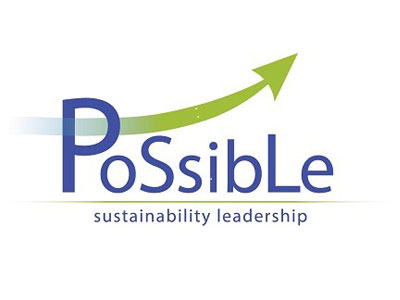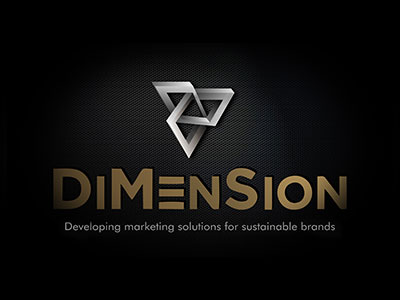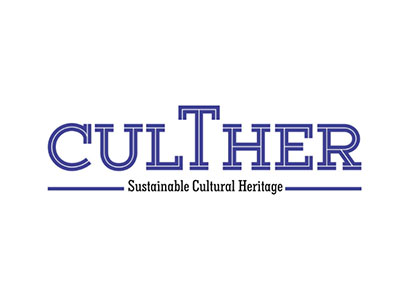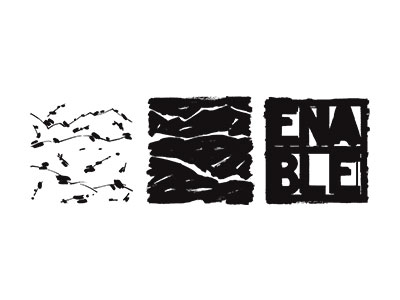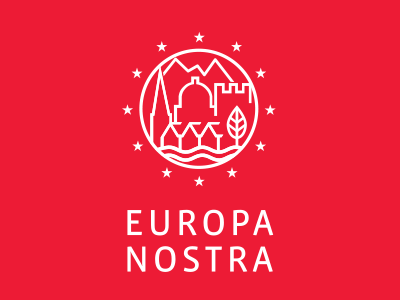IECE centres its research services in the following fields: Management, Economy, Cultural Heritage, Environment, Civil Engineering, and Energy.
Environment
We have expertise in the field of climate change, sustainable development, and we develop models for integrated resource management (water, air, soil, biodiversity, waste).
Our team of environmental researchers offer collaborate with different stakeholders and offer assistance in:
- Preparation of Environmental Impact Assessment Studies (EIA), Impact Assessment and Social Impact Studies, and monitoring programs (ESIA) according to the requirements of the World Bank and EBRD
- Environmental Policies for Environmental Protection and LEAPs
- Development of a Strategic Environmental Assessment (SEA)
- Permits for integrated pollution prevention and control (IPPC)
- Professional assistance in developing methodologies for energy efficiency management and environment protection
- Preparation of Waste and Water Management Plans
- Consulting assistance in implementing standards for environmental impact management, safety at work and energy efficiency: ISO 14001: 2004, OHSAS 18001: 2007, ISO 50001: 2011, as well as Corporate and Social Responsibility ISO 26000
Related projects


Civil Engineering
Our research team deals with the challenges of modern civilization, i.e. quality planning and management of infrastructure and urban environments (pollution, floods, landslides, traffic jams, drinking water, and energy requirements). Our research services include:
- Development of research projects in the field of civil engineering
- Testing, studying and promoting energy efficient a.k.a. “smart” materials in construction,
- Short-term and long-term resource management in construction
- Determining the utilization of the potentials of renewable energy sources, such as the sun, wind, biomass, geothermal energy, waste, etc.
- Energy efficient methods for building structures
- Using Probability Methods (Monte Carlo) in research and design, rather than using deterministic methods
- Laboratory testing of natural and building materials
- Physical and numerical modeling of the terrain and constructive elements
Related projects
Energy
Energy is the basis and driving force of economy and society. The direction and the intensity of development of the energy are a prerequisite for sustainability in society. IECE’s research team offers research services in:
- Development strategies, Action plans, Pre-feasibility and feasibility studies, and “Due diligence” reports
- Supervision of investment and technical documentation
- Complex, integrated and optimized methodological approaches and models of planning, design and evaluation of energy projects
- Specially developed algorithms and software for special purposes, for supporting the application of methodological models
- Technological innovations based on energy synergy with other sectors (construction, ecology, water management, waste management)
- Determination of the utilization of the potentials of renewable energy sources
- Develop and apply coordination methods for stakeholders’ sides to promote the utilization of renewable energy sources
- Energy efficiency in building new and renewal of old residential and industrial facilities
Related projects
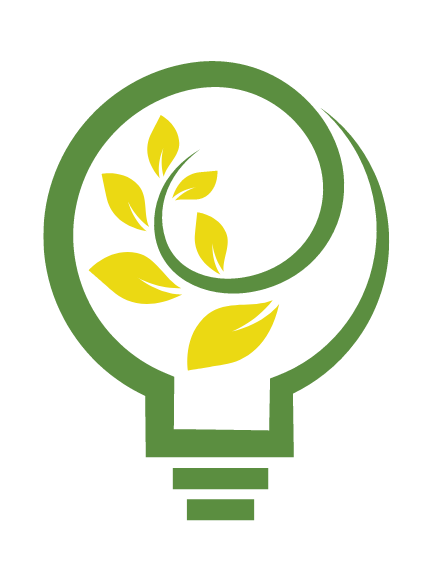

Management and Economy
Our motivation to support and enable applied research and innovation projects lies in the belief that when companies and universities work in tandem they can push the frontiers of knowledge, and become a powerful engine for innovation and economic growth. At the core of our research work is the CO-IN© Model.
Our research team provides scientific research and applied research and development in the field of labor economy and management. More specifically:
- Research in all aspects of intellectual capital (human capital, system capital and organisational capital)
- Research in building sustainable systems and brands (increasing competitiveness and market value with the management of intellectual capital) according to the model of Scandium Navigator
- Transfer of knowledge and skills between academia and industry through joint scientific research, projects and programs for career development of researchers
- Return on investment in education and science
- Labor market analyses (supply and demand), GAP, SWOT, TOWS, PEST analysis, mapping of competences, trends and labor movements, the needs of the industry
Related projects
Cultural Heritage
We deal with the challenges the future brings in terms of social aspects and cultural heritage, management of the risks related to climate change, floods, landslides and pollution. Our research activities cover:
- The area of social aspects and cultural heritage, climate changes, mitigation actions, and adaptation plans the cultural heritage and tourism sector (analyses, studies, reports and strategic plans)
- Preparation of studies on the impact assessment of cultural heritage, Heritage Impact Assessment (HIA)
- Preparation of Environmental Impact Assessment and social aspects and monitoring programs – Environmental Social Impact Assessment (ESIA)
- Elaboration of Stakeholder Engagement Plan – Stakeholder Engagement Plan (SEP)
- Preparation of an Environmental and Social Action Plan, Environmental and Social Action Plan (ESAP)
- Preparation of studies on the Land Acquisition and Resettlement Framework – Land Acquisition and Resettlement Framework (LARF) according to the requirements the World Bank and the EBRD
- Development of a Management Plan for cultural heritage
Related projects
